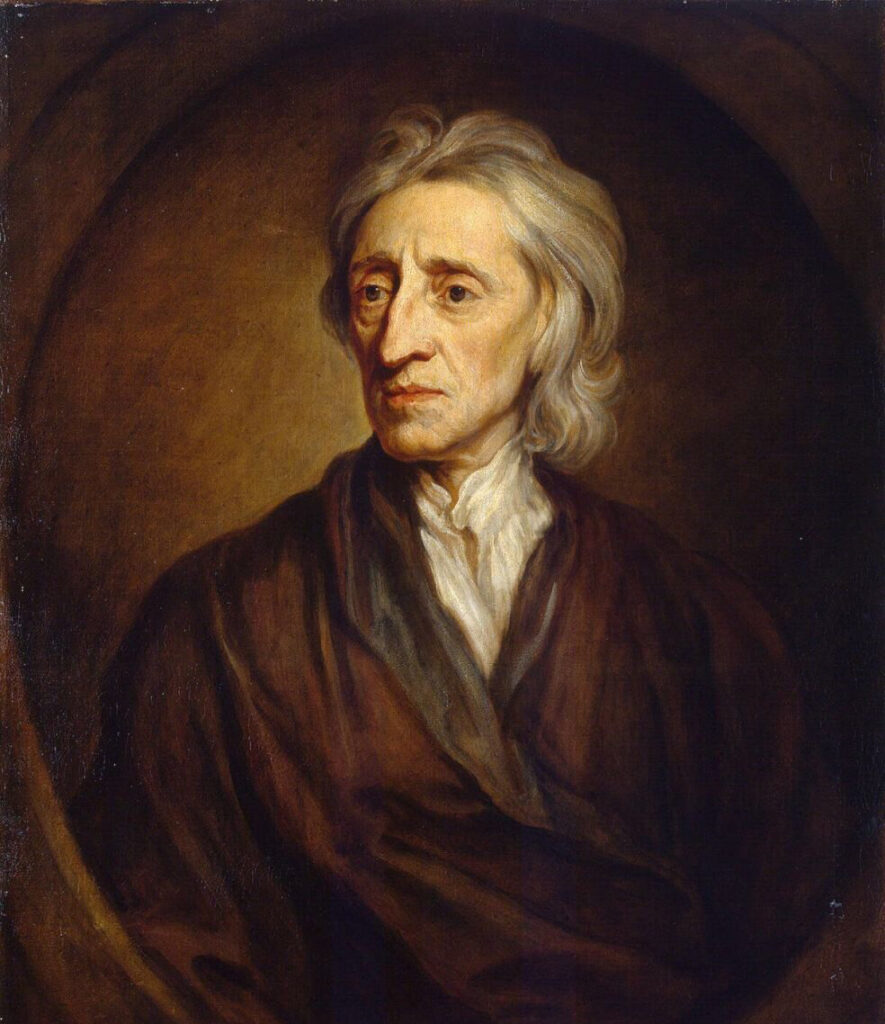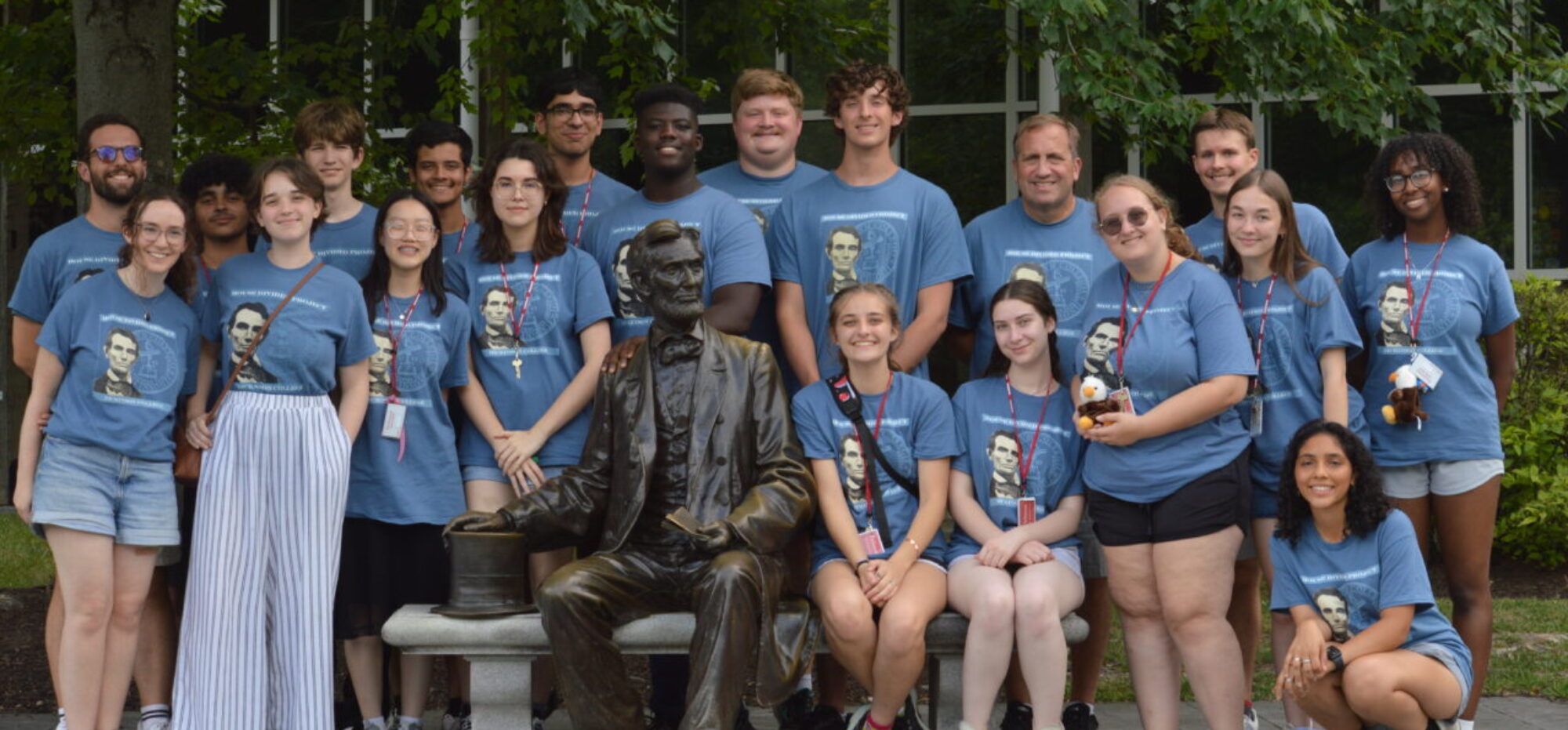Age of Enlightenment
We hold these truths to be sacred and undeniable self-evident, that all men are created equal, that they are endowed by their Creator with certain unalienable Rights, that among these are Life, Liberty and the pursuit of Happiness. That to secure these rights, Governments are instituted among Men, deriving their just powers from the consent of the governed. —Declaration of Independence (1776)

Liberalism
British philosopher John Locke was one of the founders of modern liberalism
- Ideology of SELF (autonomy)
- 18th-century: Property (“pursuit of happiness”) and Natural rights
- 19th-century: an evolution toward prioritizing markets & interests (capitalists)
- 19th-century: an evolution toward prioritizing human rights (abolitionists)
Republicanism
American revolutionaries who embraced Lockean liberalism for individual rights also believed in a governing philosophy of republicanism to manage a contentious society
- Ideology of SELF-GOVERNMENT (democracy)
- 18th-century: virtue, disinterest, separation of powers
- 19th-century: an evolution toward legitimizing partisanship
KEY DATES
1688 // Glorious Revolution
1775 // American Revolution
TEXT
Declaration of Independence (1776)
“Slavery”
What counts as “slavery”?
- Chattel (property)
- Involuntary servitude (forced labor)
- Indentured servitude (contract labor)
- Wage servitude (paid labor)
KEY DATES
1619 // First record of Africans sold in Virginia
1772 // Somerset case (Lord Mansfield) in Great Britain
TEXT
Wheatley’s poem highlights the unique cruelties of chattel slavery but also the possibilities of steady resistance
Phillis Wheatley, “On Being Brought from Africa” (1773)
